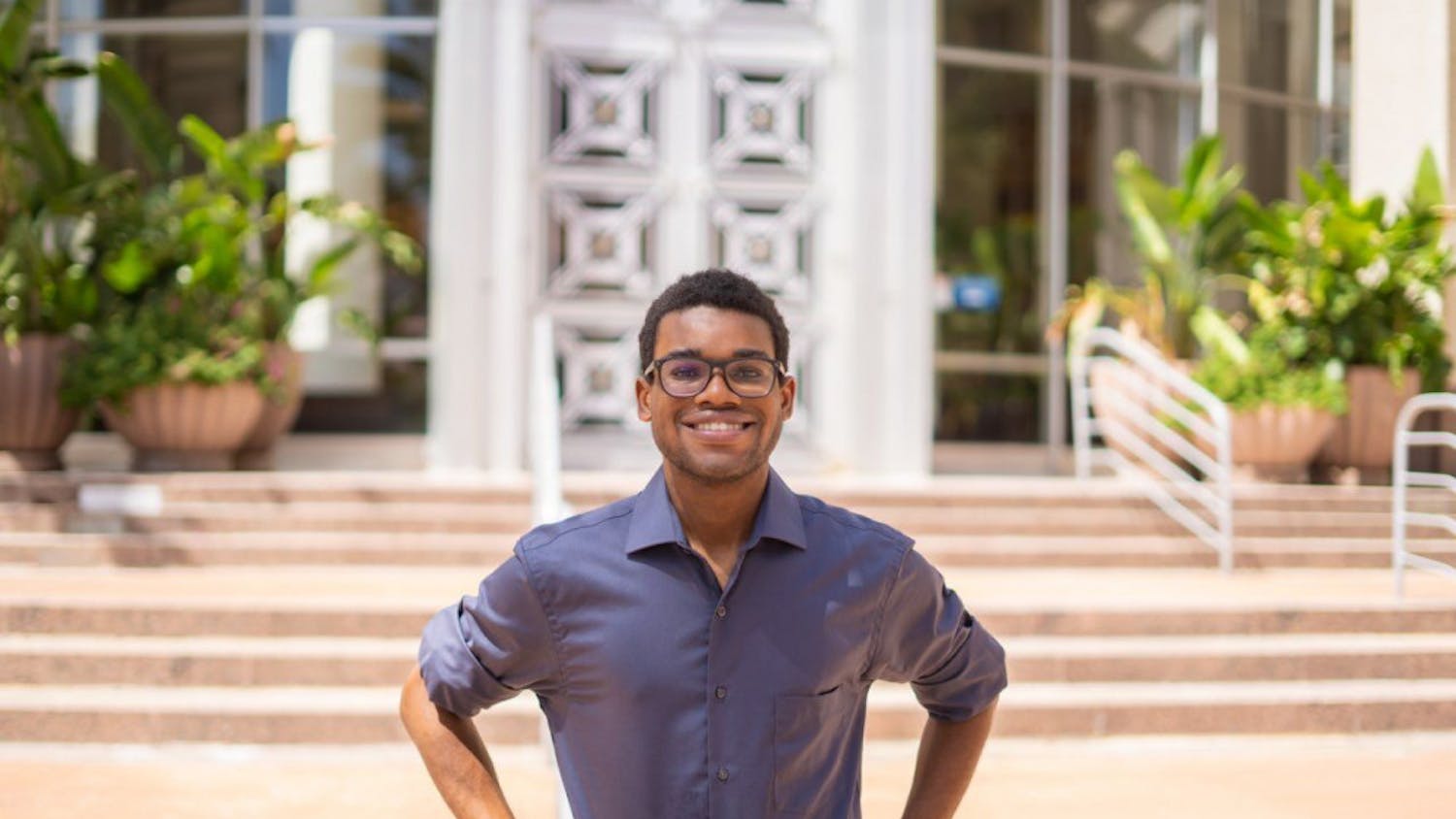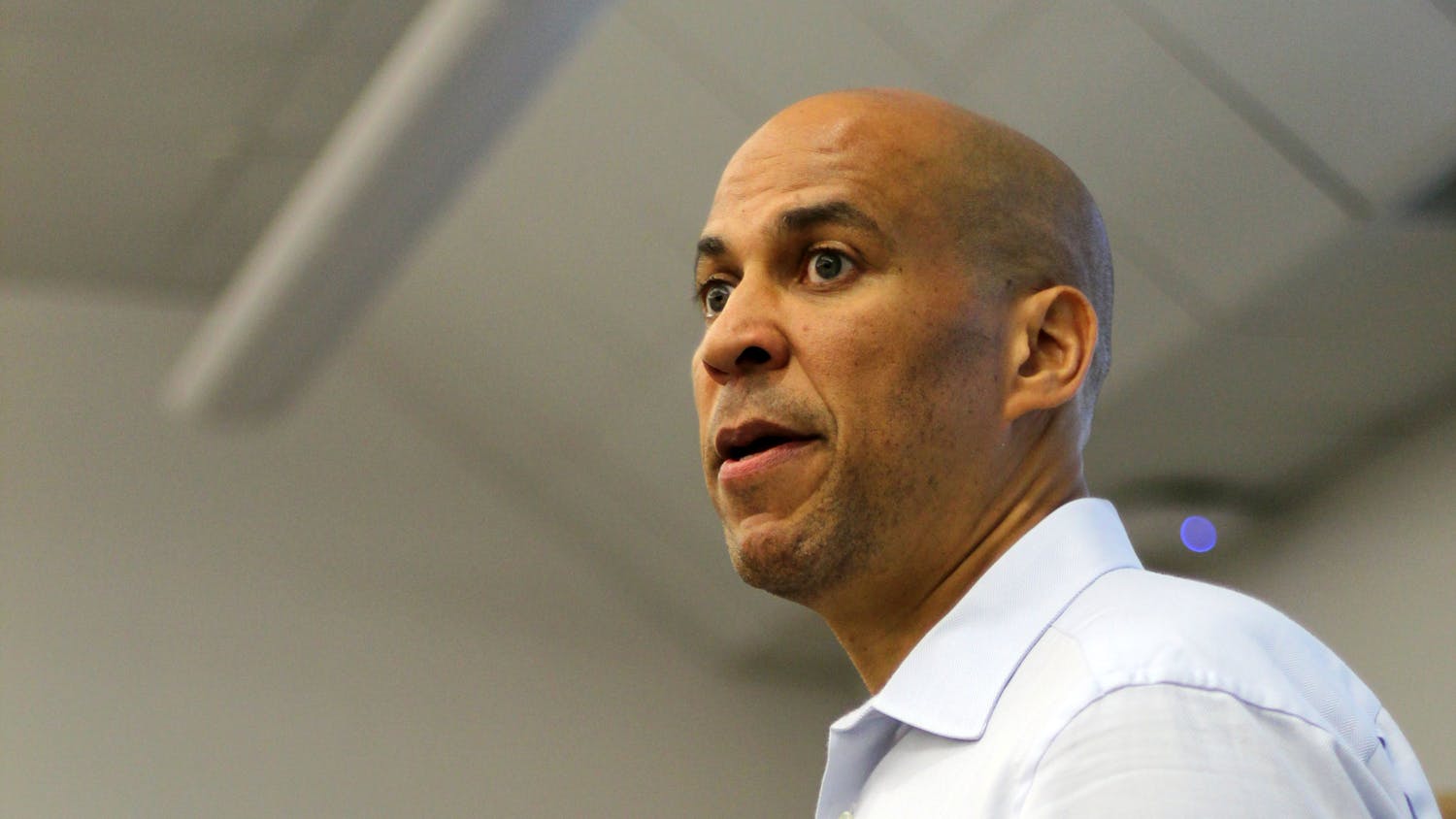My column last week posed the problem of 24/7 news. This week, I wish to examine a few of this problem’s consequences.
Until recently, I was not aware that sleepless news was a problem. For millennials, information has never imposed limits; we have never had to wait until the library opens the next day, or for the morning newspaper to arrive so we can know the latest. We grew up with Fox, CNN, Rush Limbaugh and the internet. News shows and seven-day-a-week newspapers, radio programs and the internet have always been the norm.
As I argued last week, though, constant information inevitably forces journalists to manufacture content rather than report it. Daniel Boorstin, the late author of “The Image,” classifies this trend as the rise of the “pseudo-event.” A pseudo-event is, in a journalistic context, a piece of news that is not spontaneous, but staged and coordinated for the purpose of being reported upon. Interviews, debates and press conferences are pseudo-events to Boorstin. They are events designed specifically for news coverage, unlike a hurricane or a Ponzi Scheme, which are initially separate from the press and only come to its attention after the fact.
Pseudo-events are troublesome because they beget ambiguity. How many times have we seen a person lie on television or in an interview? We all know how much attention politicians pay to what they say and how they say it. Presidential debates, for example, are dramatic and entertaining precisely because they have been pre-planned, like theater is, with the questions selectively chosen by the moderators, and the answers rehearsed for days and weeks by the debaters.
In today’s age, our news increasingly resembles drama, and the subjects of our news have turned into dramatic performers. Politicians have parts to play and lines to recite, and their speeches are often times distributed to the press beforehand. Consequently, a simple deviation from the script is itself newsworthy. Boorstin put this so well in “The Image” that I wrote “Trump” in the margins: “In the democracy of pseudo-events, anyone can become a celebrity, if only he can get into the news and stay there.” How one stays relevant in the news is through drama —- by saying the controversial things and being extreme in one’s opinions.
Pseudo-events are fog machines. They make it difficult for consumers to discern what is and what is not reliable. One can never really know if a person means what they said in their press conference apology, if a politician lied to the media about embezzling money or if a celebrity really is who they appear to be.
It is human nature to deceive people — to project an image of oneself according to who others want you to be. And although lying is not a modern invention, mass media that prefers image over truth and performance over authenticity, is.
Pseudo-events also beget memory loss. There is so much content coming in each day that important events are treated as moments to touch on briefly and move past, rather than touchstones to meditate on. The Las Vegas shooting, for example, the deadliest mass shooting in American history, was less than a year ago. What would that have done to us if the news was not constant? Would we have moved on so quickly?
Yet, the news must go on. There are always deadlines to meet. There is a gulf between how much is reported and how much actually happens in the world. To make up for this, pseudo-events are increasingly called on for relief. But rather than relieve, they decompose transformative, culture shaping events from our minds like ants eating a dead animal.
Now, it is evident how much I love to deconstruct. But that’s the easy part. News today is problematic— where do we go from there? I’m not sure. But whatever the solution, we can all agree that this subject, among the other subjects we encounter in the news today, is at least worth reporting on.
Scott Stinson is a UF English senior. His column usually appears on Mondays.






